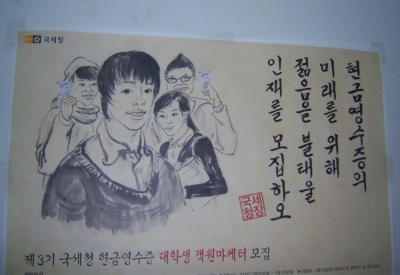- East Asia’s “Post-Confucian” societies
- Chu Hsi (Zhu Xi) emails
- MM as Confucian, Neo-Confucian and Post-Confucian
- Confucianism in 21st-century Chinese academic discourse
APPENDIX 1: Confucius and the Classic Texts
APPENDIX 2: Confucianism in early 20th-century China
East Asia’s “Post-Confucian” Societies
In societies traditionally governed by Confucian, Taoist and Buddhist principles (harmonized in North- and Southeast Asia through a Neo-Confucian transmission), the study of ancient Greek and modern western thought, such as the rules of logic and mathematics that underlie science, French Enlightenment theories of Democracy and the German philosophical Idealism that reconceived ontology, epistemology and metaphysics as rigorous disciplines, has challenged arbitrary, mystical and merely symbolic modes of thought, which nonetheless persist, often in parallel, or intermingled with, “modern” ways of thinking.
Paradoxically, the West has often sought out in the East precisely such irrational thought and practice as, for example, in Zen Buddhism; in Chinese medicine and the philosophies of Yin and Yang (or the I Ching); in Upanishadic monism, Tantric mysticism and the animism of Southeast Asia to supplement or even challenge logic and science. It is well known that a decline over two centuries of belief in Christianity among western intellectuals led to a rise of their belief in Buddhism, Hinduism and other eastern religions. Asian philosophical systems have likewise taken on a competitive role against western philosophical systems.
Whereas western cultures have been merely influenced, however, by such incursions from Asia, Asian cultures have been profoundly altered by western ideas. All Asian civilizations have been permanently changed by western science and technology: by modern medicine, by the electric light bulb, by the internal combustion engine and latterly by advanced communication technologies. Many Asian countries have adopted western-style government. Many Asians have been converted to Roman Catholicism or Protestant Christianity. Patently East Asia in particular has been fundamentally transformed by the West.
This transformation of formerly Confucian societies, in China, Korea and Japan, or farther afield, in Vietnam and Singapore, has caused crises in cultural identity. No longer traditional in belief, East Asians are not wholly modern either. Perhaps their ambivalence is salutary. Nonetheless, residual authoritarianism in politics, lip-service to outmoded superstition, a prejudiced view of their racial and cultural “superiority” have served to isolate them from the progressive world and encourage their exclusive practice toward “foreigners.” In time a thorough examination of these “Post-Confucian” societies might be illuminating.
For a comprehensive theory of East Asian societies and their cultures to their past, present and future values is lacking. Here one’s goal, however, must be limited, to the revelation of certain aspects of the problem through a series of quotations from works in English, by Asian scholars and by western students of the question. In “Confucian, Neo-Confucian and After” I have focused upon Confucianized Korea in the hope of clarifying the relationship between an ancient philosophy and modern social, political and cultural practice. I then turn to the more complex question of Japan and, briefly, to the example of Vietnam.
First, however, we must take up Chu Hsi, the Sung philosopher most responsible, if indirectly, for the transmission of Confucianism to other East Asian cultures.
